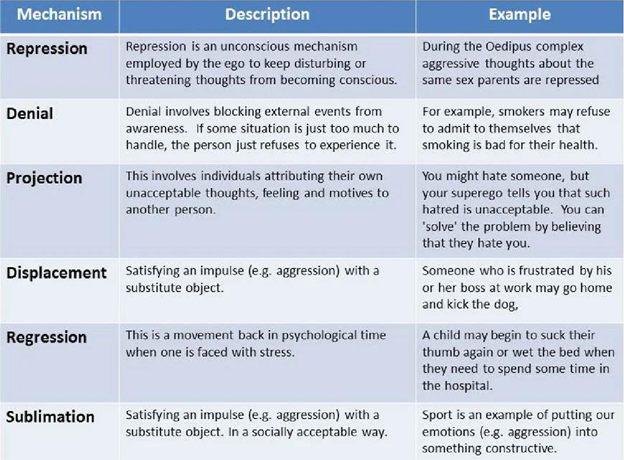A nurse is reinforcing teaching about car seat safety with a parent of a newborn. Which of the following statements by the parent indicates an understanding of the teaching?
"I should keep my baby rear-facing in the carseat until she is 2 years old."
"I should position the car seat's retainer clip at the level of my baby's belly button."
"I should enable the airbag when my baby is in the front seat of the car."
"I should place my baby in the car seat at a 90-degree angle."
The Correct Answer is A
This statement reflects an important recommendation for car seat safety. It is recommended to keep infants and toddlers rear-facing in their car seats until they reach the age of 2 or until they outgrow the height and weight limits specified by the car seat manufacturer. Rear-facing car seats provide better protection for the child's head, neck, and spine in the event of a crash. "I should position the car seat's retainer clip at the level of my baby's belly button." The correct position for the retainer clip is at armpit level. It should be positioned across the chest, resting on the bony part of the child's shoulders. Placing the retainer clip at the level of the belly button can be unsafe and may not provide proper protection.
"I should enable the airbag when my baby is in the front seat of the car." It is not recommended to place a rear-facing car seat in the front seat of a vehicle with an active airbag. The force of the airbag deployment can cause serious injuries to the child. The safest place for a rear-facing car seat is in the back seat of the vehicle.
"I should place my baby in the car seat at a 90-degree angle." The angle at which the car seat is installed depends on the specific instructions provided by the car seat manufacturer. It is important to follow the manufacturer's guidelines for proper installation. Some car seats have built-in angle indicators or adjustable recline positions to help achieve the correct angle for optimal safety.
Nursing Test Bank
Naxlex Comprehensive Predictor Exams
Related Questions
Correct Answer is C
Explanation
Explanation:
Displacement is a defense mechanism in which an individual redirect their emotions or impulses from their original target to a less threatening or safer target. In this scenario, the client yells at the nurse when medication changes are prescribed by the provider. The client may be feeling angry or frustrated about the medication changes but is unable to express those emotions directly towards the provider. Instead, the client displaces those feelings onto the nurse, who may be seen as a safer or more accessible target. The yelling behavior directed at the nurse is a way for the client to release and express their emotions indirectly.
Let's briefly discuss the other defense mechanisms mentioned:
A- Conversion: Conversion involves the expression of psychological distress or conflict through physical symptoms or ailments. It is not applicable in this scenario since the client's behavior does not involve physical symptoms.
B- Splitting: Splitting is a defense mechanism characterized by a black-and-white thinking pattern, where individuals perceive others or situations as all good or all bad. It does not directly apply in this scenario as the client's behavior is not indicative of splitting.
D- Sublimation: Sublimation is a defense mechanism in which an individual channel their unacceptable or potentially harmful impulses into socially acceptable outlets, such as creative or productive activities. It is not evident in this scenario as the client's behavior does not involve transforming the emotions into a more positive or socially acceptable form.

Correct Answer is C
Explanation
Dementia is characterized by progressive memory impairment, including difficulty remembering recent events, names, and familiar faces. This memory loss can significantly impact the client's ability to perform daily tasks independently.
While dementia is typically a chronic and progressive condition, it is not uncommon for individuals with dementia to experience acute episodes of confusion, often referred to as "sundowning." These episodes tend to occur in the late afternoon or evening and can involve increased agitation, restlessness, and disorientation.
Illusions are perceptual distortions where a person misinterprets real sensory stimuli. In dementia, individuals may experience illusions, such as mistaking a coat hanging on a door for a person or misinterpreting shadows as threatening figures.
Catatonia, characterized by immobility and unresponsiveness, is not typically associated with dementia. It is more commonly seen in conditions such as schizophrenia or certain neurological disorders.
Whether you are a student looking to ace your exams or a practicing nurse seeking to enhance your expertise , our nursing education contents will empower you with the confidence and competence to make a difference in the lives of patients and become a respected leader in the healthcare field.
Visit Naxlex, invest in your future and unlock endless possibilities with our unparalleled nursing education contents today
Report Wrong Answer on the Current Question
Do you disagree with the answer? If yes, what is your expected answer? Explain.
Kindly be descriptive with the issue you are facing.
